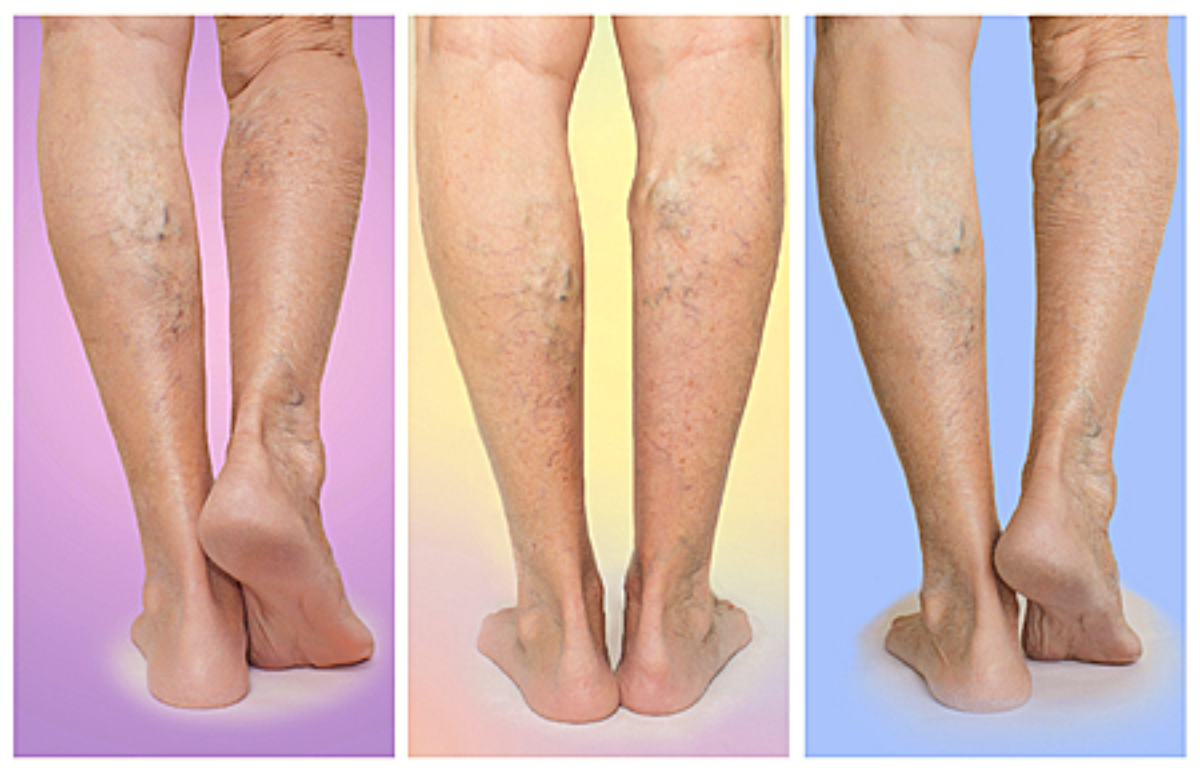Occlusion

Occlusions artery disease is a slowly progressing disease through which arteries throughout the body become progressively narrowed and eventually completely blocked.
The salient features are:
- Occlusions arterial disease is very common and will affect every person to some degree.
- Occlusive arterial disease develops slowly throughout life.
- The occlusive arterial disease affects all the arteries in the body to come degree.
- Occlusions arterial disease causes life-threatening complications with its effect on the arteries supplying the vital organs - heart, brain, kidneys.
- Occlusive arterial disease is the commonest cause of death on the west.
Content Reviewed by - Dr. Jaisom Chopra
Causes
Arteries are not simply conduits for carrying blood from the heart to the entire body. They are complex living structures and the most delicate part is their inner lining or endothelium. This is one cell thin on the inner lining of the artery.
This endothelium is so thin that it can be seen with a microscope with difficulty. It seals the inside of the artery and prevents blood from sticking on the inside of the artery and forming colts.
A damaged endothelium becomes leaky and if it is lost totally the arterial wall becomes exposed to blood which immediately forms clots and becomes occluded.
Content Reviewed by - Dr. Jaisom Chopra



